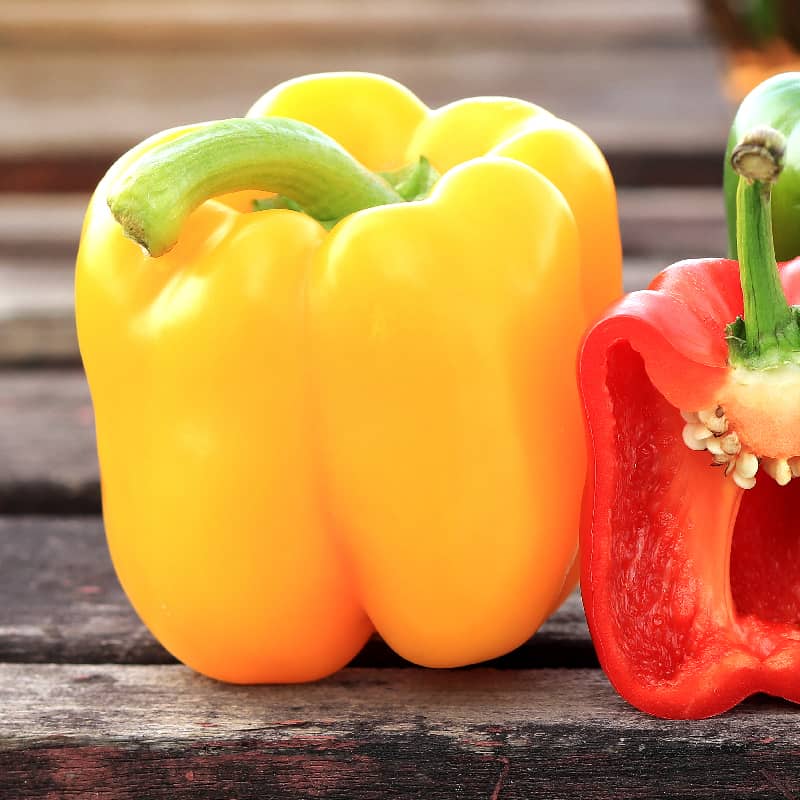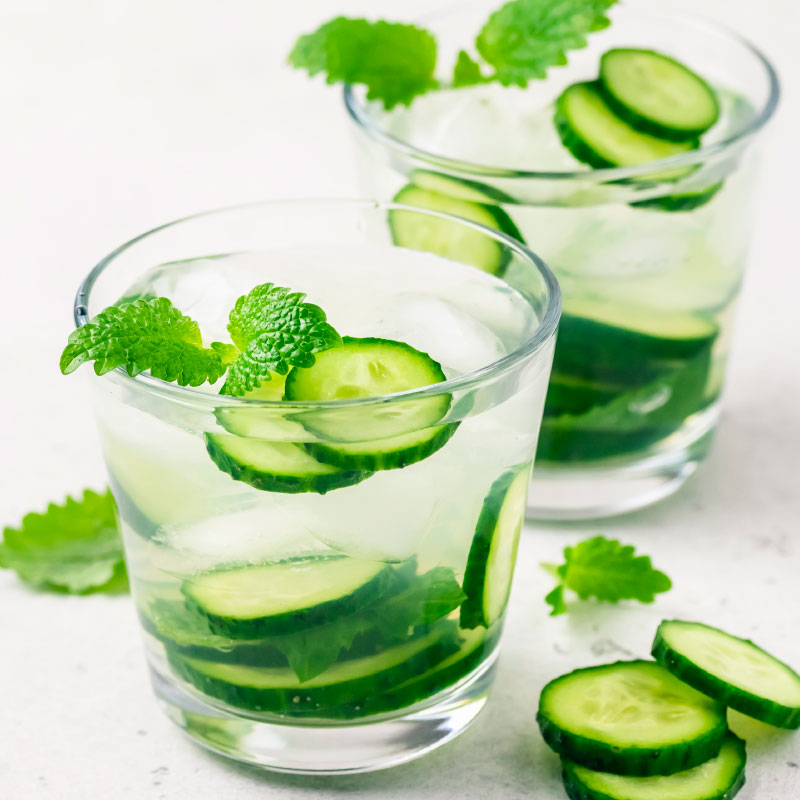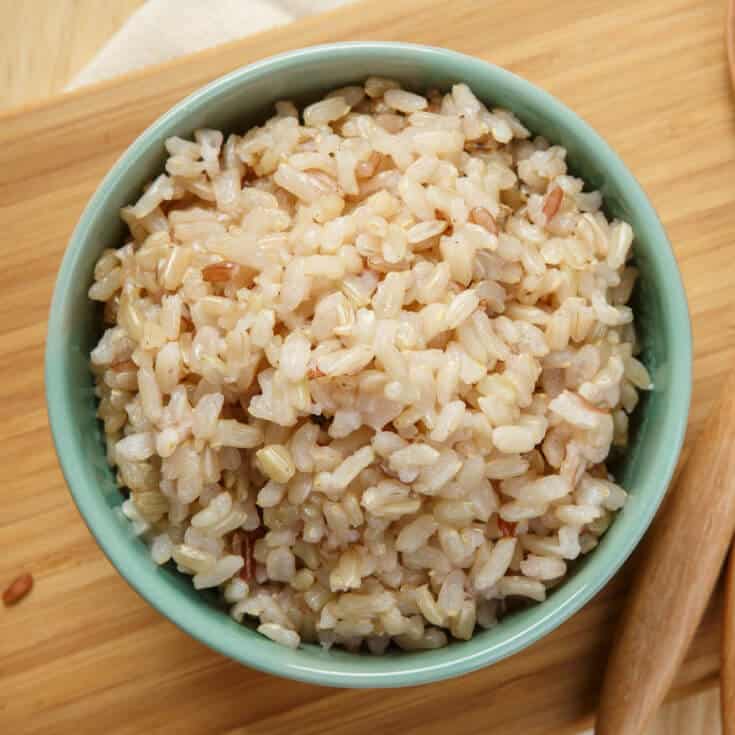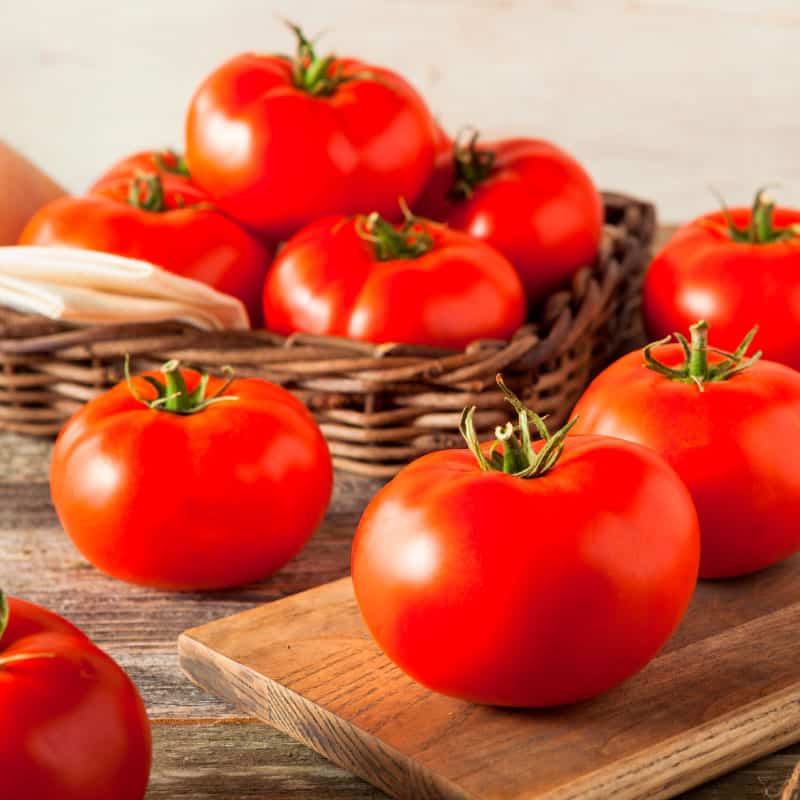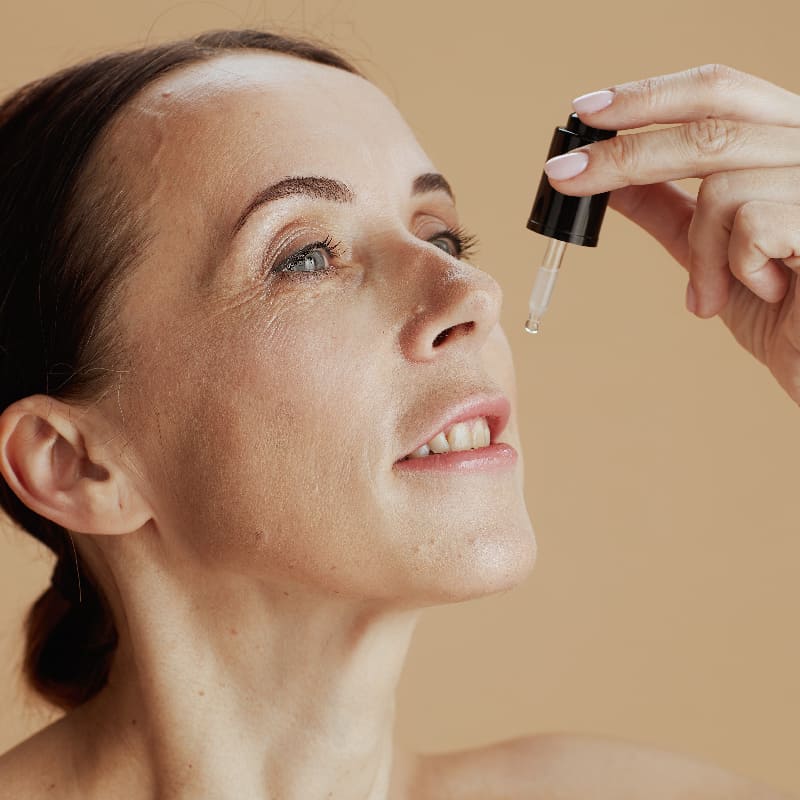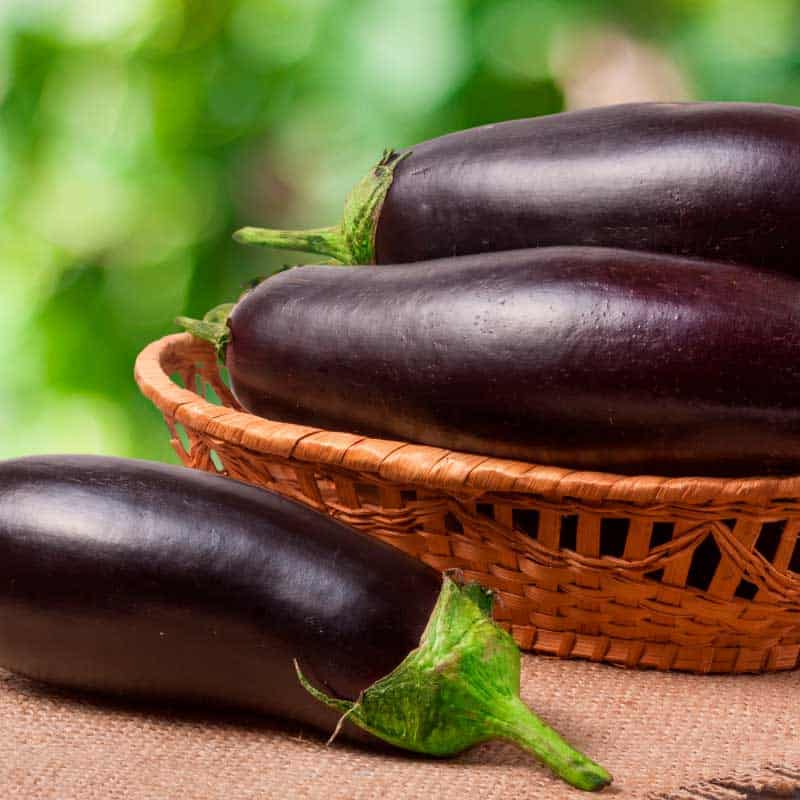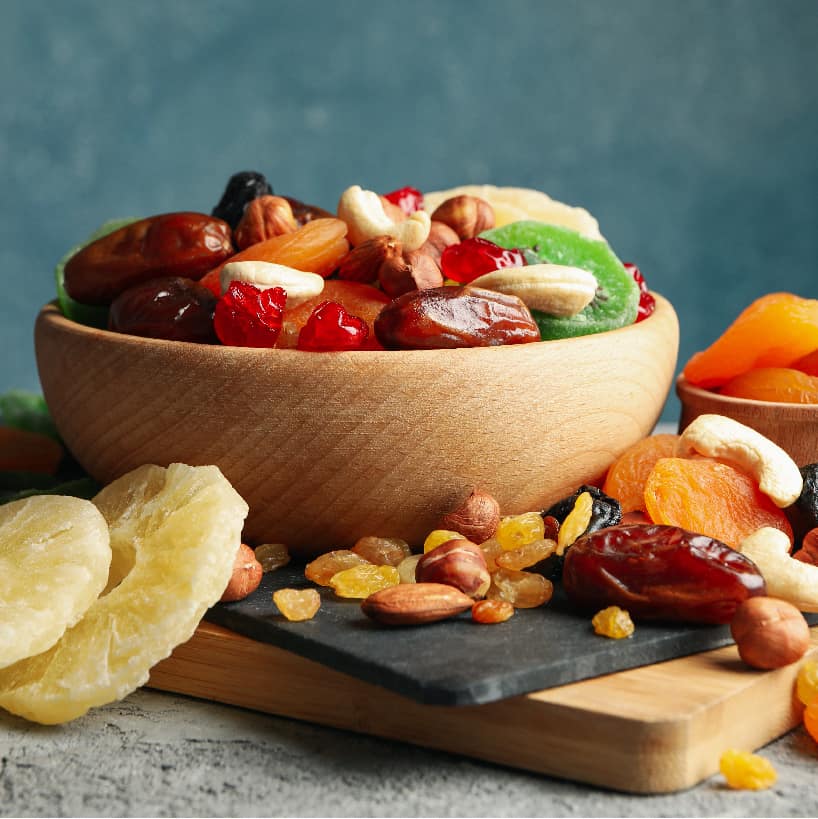This Dr. Axe content is medically reviewed or fact checked to ensure factually accurate information.
With strict editorial sourcing guidelines, we only link to academic research institutions, reputable media sites and, when research is available, medically peer-reviewed studies. Note that the numbers in parentheses (1, 2, etc.) are clickable links to these studies.
The information in our articles is NOT intended to replace a one-on-one relationship with a qualified health care professional and is not intended as medical advice.
This article is based on scientific evidence, written by experts and fact checked by our trained editorial staff. Note that the numbers in parentheses (1, 2, etc.) are clickable links to medically peer-reviewed studies.
Our team includes licensed nutritionists and dietitians, certified health education specialists, as well as certified strength and conditioning specialists, personal trainers and corrective exercise specialists. Our team aims to be not only thorough with its research, but also objective and unbiased.
The information in our articles is NOT intended to replace a one-on-one relationship with a qualified health care professional and is not intended as medical advice.
What Is Akkermansia Muciniphila? Benefits, Probiotic Role & How to Increase It
July 23, 2025

In recent years, gut health has taken center stage in wellness conversations, and a rising star in the microbiome world is a unique probiotic: Akkermansia muciniphila. Emerging research suggests that this naturally occurring gut microbe may play a pivotal role in metabolic health, weight management, inflammation control and more.
If you’re exploring ways to boost your digestive and overall health, understanding the role of this probiotic can offer valuable insight.
What is Akkermansia muciniphila?
Akkermansia muciniphila is a beneficial bacterium that naturally resides in the mucus layer of the human gut, where it feeds on mucin, a protein that helps maintain the integrity of the gut lining. First discovered in 2004, it has gained attention for its association with better metabolic health, immune balance and weight regulation.
Unlike many other probiotic strains, Akkermansia muciniphila isn’t commonly found in fermented foods. Instead, it occurs naturally in healthy human microbiomes and is now available in Akkermansia probiotic supplements designed to restore or increase its population.
Akkermansia benefits
1. Supports gut barrier integrity
One of the primary benefits of Akkermansia muciniphila is its role in strengthening the gut barrier. It feeds on mucin, stimulating the production of more mucin, which helps maintain the thickness of the gut’s protective mucus layer.
A healthy gut barrier is crucial for preventing “leaky gut,” a condition linked to inflammation and autoimmune disorders.
Low levels of Akkermansia have been associated with gut dysbiosis and increased intestinal permeability, while higher levels correlate with stronger mucosal integrity.
2. Promotes metabolic health
Akkermansia muciniphila has been shown to improve insulin sensitivity and support balanced blood sugar levels. In one study published in Nature Medicine, for example, overweight or obese individuals who took pasteurized Akkermansia supplements experienced improvements in insulin sensitivity and reductions in markers of liver dysfunction.
This benefit makes the Akkermansia probiotic a promising tool for managing metabolic conditions, such as prediabetes and type 2 diabetes.
3. Aids weight management
Researchers have discovered that people with higher levels of Akkermansia muciniphila tend to have lower body fat percentages and healthier weights. This bacterium helps regulate fat storage and appetite by producing short-chain fatty acids like acetate and propionate, which support satiety and fat metabolism.
A 2019 human trial revealed that individuals who supplemented with this probiotic experienced modest weight loss and reduced waist circumference compared to those who did not.
4. Reduces inflammation
Chronic, low-grade inflammation contributes to many health conditions, including obesity, heart disease and autoimmune disorders. Akkermansia muciniphila may help modulate immune responses and reduce inflammation by maintaining gut integrity and influencing cytokine production.
Studies have shown that increased levels of this probiotic are associated with lower concentrations of inflammatory markers, such as C-reactive protein, and greater anti-inflammatory cytokine activity.
5. May support longevity and healthy aging
Emerging evidence suggests that Akkermansia levels decline with age, potentially contributing to age-related diseases. By improving gut health and reducing systemic inflammation, Akkermansia muciniphila may promote healthier aging.
A systematic review of human studies on the gut microbiome and longevity found that this unique probiotic is one of the few microbial genera consistently increased in the oldest adults, especially centenarians, in comparison to younger elderly groups. These individuals also demonstrated higher microbial diversity and enhanced functional features related to short-chain fatty acid production and anti-inflammatory pathways, traits associated with longevity and resilience to age-related disease.
In simpler terms, cross‑sectional data from multiple human aging studies have shown that higher levels of Akkermansia muciniphila correlate with advanced age in healthy individuals, particularly those who are exceptionally long-lived. This suggests that the presence of this probiotic may contribute to gut barrier integrity, reduced systemic inflammation and metabolic balance, all key factors that support healthspan and may favor longevity.
6. May protect cognition
Emerging research suggests that Akkermansia muciniphila (A. muciniphila) may support brain health by modulating the gut-brain axis.
In a 2024 case-control study published in Microbiome, researchers analyzed fecal microbiomes from 97 patients with liver cirrhosis (58 without hepatic encephalopathy, 39 with HE) and compared them to 57 healthy controls, plus 48 individuals with cognitive impairment and 32 cognitively normal individuals. They found that the relative abundance of A. muciniphila was significantly reduced in cognitively impaired individuals compared to controls and showed a positive correlation with cognitive scores.
This suggests that lower levels of A. muciniphila are associated with worse cognitive performance in humans.
7. May help relieve anxiety
A. muciniphila may also benefit mental health. Preclinical models have shown that boosting levels of this probiotic can reduce anxiety-like behavior, possibly by lowering inflammation and balancing neurotransmitters via the gut-brain connection.
Though human studies are still in early stages, the findings are promising.
8. May help manage glucose
In addition to improving insulin sensitivity, Akkermansia muciniphila may contribute to better glucose regulation. Several studies have indicated that its presence is associated with lower fasting blood glucose and improved glycemic control, particularly in individuals with metabolic syndrome or prediabetes.
How is it different from other probiotics?
Unlike many traditional probiotics, such as Lactobacillus or Bifidobacterium, Akkermansia muciniphila:
- Lives in the mucus layer of the gut, not the lumen.
- Uses mucin as its primary energy source, promoting gut lining renewal.
- Is often found in lower amounts in people with obesity, diabetes and inflammation.
- Isn’t found in yogurt, kefir or other fermented foods, making supplementation more critical.
Moreover, pasteurized forms of Akkermansia may offer enhanced effects, as studies suggest that heat-treated bacteria retain immune-modulating properties without the risk of overgrowth.
How to support Akkermansia levels
While you can’t consume Akkermansia muciniphila directly from food, certain dietary choices help stimulate its growth:
- Polyphenol-rich foods: Berries, pomegranate, green tea, apples, nuts, fresh herbs, cocoa and red wine contain polyphenols that feed this probiotic.
- Prebiotic foods: Chicory root, garlic, onions, leeks, bananas, onions, garlic, artichokes and asparagus provide prebiotic fuel for gut microbes.
- Probiotic foods: Yogurt, kefir and fermented vegetables support a diverse gut microbiome, creating an environment that allows Akkermansia to thrive.
- Omega-3 fatty acids: Found in fatty fish, olives and flaxseeds, these promote a gut environment favorable to this probiotic.
- Cranberries and grape seed extract have also been shown to encourage its growth.
For those with low levels or gut imbalances, Akkermansia probiotic supplements can help restore this beneficial microbe. These are typically formulated with pasteurized or encapsulated Akkermansia muciniphila to ensure viability and safety.
Look for products supported by clinical research and manufactured with third-party testing to ensure potency and purity.
Risks and side effects
Akkermansia muciniphila is considered safe for most people, especially in its pasteurized form. Clinical trials have not reported serious side effects, but potential mild reactions may include:
- Gas or bloating during the adjustment phase
- Mild gastrointestinal discomfort
- Unknown effects in people with compromised immune systems or serious gut disorders
If you’re pregnant, breastfeeding or managing a chronic condition, consult a healthcare provider before starting Akkermansia probiotic supplements.
Frequently asked questions
What does Akkermansia do?
Akkermansia muciniphila helps maintain the gut lining, supports metabolic health, and may reduce inflammation and support weight management.
Is Akkermansia a probiotic?
Yes, though it’s a newer type of probiotic that differs from traditional strains. It’s not found in food but is available in supplement form.
What foods increase Akkermansia?
Polyphenol-rich foods (berries, green tea), prebiotic fibers (onion, garlic), probiotic foods (yogurt, kefir) and healthy fats (omega-3s) support its growth.
Is Akkermansia safe to take?
Yes, pasteurized Akkermansia supplements have been shown to be safe and well-tolerated in human studies.
Does Akkermansia help with weight loss?
It may aid weight management by supporting metabolism, reducing inflammation and improving insulin sensitivity.
Can you have too much Akkermansia?
There is currently no evidence that Akkermansia muciniphila overgrowth is harmful. However, balance is key in any microbiome. Supplementation should be done under professional guidance.
Does cranberry extract increase Akkermansia?
Yes, cranberry extract is rich in polyphenols that have been shown in studies to boost levels in the gut.
Conclusion
- Akkermansia muciniphila is a breakthrough in gut health research, offering promising benefits for metabolism, inflammation and overall wellness.
- As science continues to uncover its powerful role in the human microbiome, incorporating Akkermansia-supporting foods or a high-quality Akkermansia probiotic could be a smart step toward better health.
- If you’re looking to optimize your gut and support whole-body wellness, keep it on your radar. It may be one of the most important microbes you’ve never heard of.




